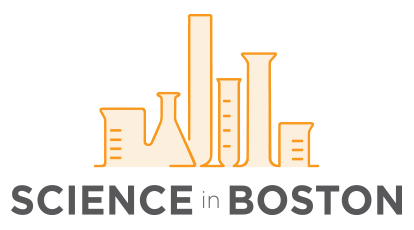Woburn-based hearing loss startup Frequency Therapeutics has found its first partner, but it will give up most of its commercial rights in a deal announced this week.
Japanese firm Astellas Health will join Frequency Therapeutics as it steers its first treatment for the most common cause of hearing loss through the clinic. In exchange for $80 million upfront and a potential $545 million in milestone payments, Astellas will receive exclusive rights to commercialize the treatment outside of the U.S. Frequency will hold onto the right to sell it in the U.S.
Hearing loss affects an estimated 48 million people in the U.S. and close to 800 million people worldwide. The more common form of auditory problems, sensorineural hearing loss, affects approximately 90 percent of people globally, according to the NIH.
Hearing loss can be caused by genetics, drug complications, noise exposure, aging and other factors, but historically has been difficult to address as the inner workings of the ear are enclosed by one of the hardest bones in the human body.
Frequency’s approach involves activating dormant cells that can spur the regrowth of the sensory hair cells that translate sound waves into electrical signals that are sent to the brain. The treatment is injected into the ear and was safe and linked to hearing improvements in an early-stage study completed earlier this year.
The science was developed by serial entrepreneurs Bob Langer and Jeff Karp.
New partner Astellas has its formal U.S. headquarters in Illinois, but has close to 200 employees working at its Institute for Regenerative Medicine in Marlborough, Mass. and the Cambridge offices of subsidiary Mitobridge, which Astellas acquired in 2017.
The Tokyo-based company plans to expand its Massachusetts workforce when it opens a new 250,000-square-foot regenerative medicine research and manufacturing site in Westborough in January 2020.
Up to this point, most of Astellas’ work in cell regenerative has been focused in treatments for vision loss and blindness.
Five-year-old biotech Frequency is one of the more advanced startups developing treatments for various causes of deafness. Boston-based Decibel Therapeutics is wrapping up early stage trials of its first two drug candidates that are designed to protect the sensitive hearing cells from damage caused by chemotherapy and other drugs. It and fellow Boston startup Akouos Therapeutics are also probing possible gene therapies that could tweak the genetic causes of some forms of hearing loss.
Frequency plans to launch a mid-stage study of its hearing loss treatment later this year.

